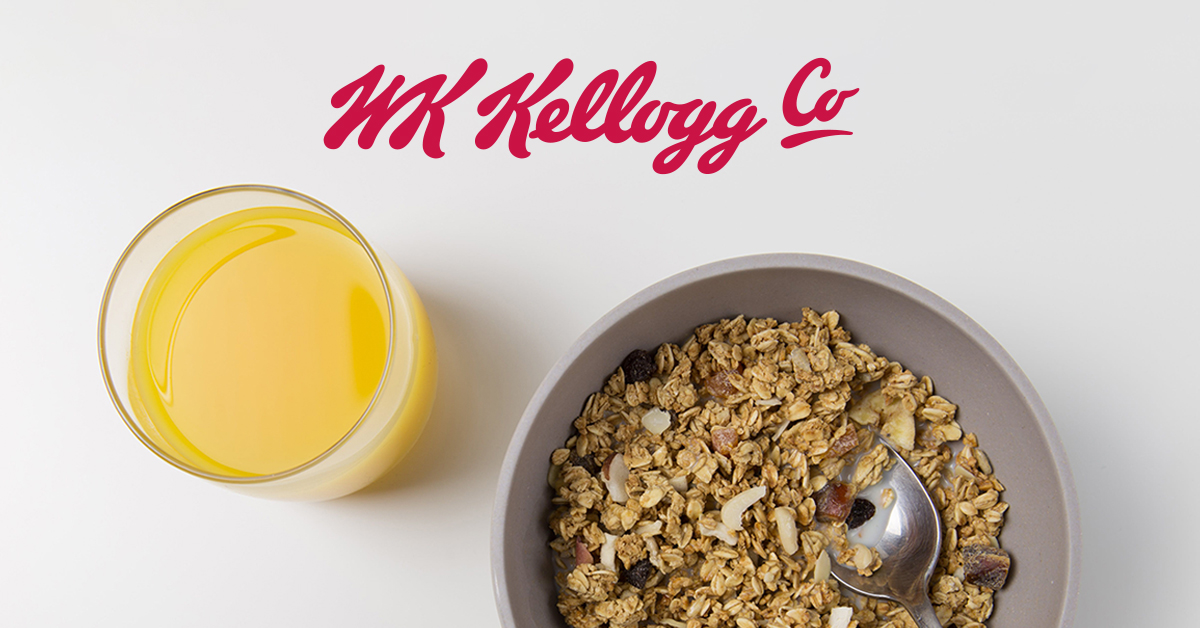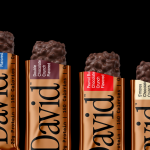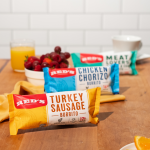WK Kellogg To ‘Modernize’ Legacy Cereal Brand Supply Chains

WK Kellogg’s net sales slumped 3.9% to $672 million during Q2 as it grappled with price increases (+2.1%) and volume declines (-4.8%) amid a “difficult business environment,” chairman and CEO Gary Pilnick told investors during prepared remarks this morning.
Net income saw a 14.8% boost to $31 million in Q2 year-over-year while year-to-date net income increased 20.8% to $64 million. Second-quarter adjusted EBITDA declined 11.4% to $78 million year-over-year and year-to-date adjusted Q2 EBITDA dropped 1.3% to $153 million due to productivity improvements. The company reaffirmed its full-year guidance but said it now expects net sales to be on the lower end of the guidance range
While the results were in line with the newly spun-off company’s quarterly projections and WK beat Wall Street revenue expectations, the company’s share price dropped 6.96% to $16.18 per share after the call, with analysts pointing to weaker-than-expected earnings and the now lower full-year sales guidance.
According to Pilnick, the majority of the cereal company’s portfolio has performed in line with the growth of the broader U.S. cereal market. He highlighted that the company has held share around 27.6% of the market over the past two years and said nine of WK’s 11 brands are gaining or holding market share. However, Special K and Bear Naked are continuing to lag behind and the company has recently made promotional and marketing investments behind the two; Pilnick believes with a cereal-only focused team it can now get to work and “do something special with Special K.”
“The key thing about promotion is it’s part of the equation when you’re trying to drive value for your consumer – it’s certainly an important part,” Pilnick said. “But if it’s just price, you’re probably not going to get where you need to get to as a branded player. It needs to have an idea. You need to commercialize it with a campaign, maybe a collaboration with a partner… When you pull all that together, you get the lifts you’re looking for. You get volume growth. You get sales growth as well.”
In addition to boosting slowing cereal brands, the company will primarily focus on streamlining and modernizing its supply chain for the second half of the year and throughout 2025. According to Pilnick, WK will invest $390 million to improve productivity at its Battle Creek, Mich., Belleville, Ontario, and Lancaster, Pa., plants with the goal of ending 2026 with an adjusted EBITDA margin of 14%.
However, that initiative will also bring the closure of one of its oldest facilities in Omaha, Neb., due to its “aging infrastructure, older platforms and less efficient building configuration.” Production will be reduced throughout 2025, and the plant will officially close in late 2026.
Additionally, now that it is no longer producing the rice for Kellanova’s Rice Krispies treats, at its Memphis, Tenn., facility the company will scale back and streamline those operations throughout the next year. Once complete, these efforts will result in a workforce reduction of 550 employees, which includes estimated headcount additions to plants where WK will add capacity and increase production.
“We are prioritizing and investing in more agile and efficient platforms, and reducing our reliance on older, more rigid and higher cost platforms. By doing so, we plan to consolidate our overall network footprint, which would drive improved operating efficiency,” Pilnick said.
















